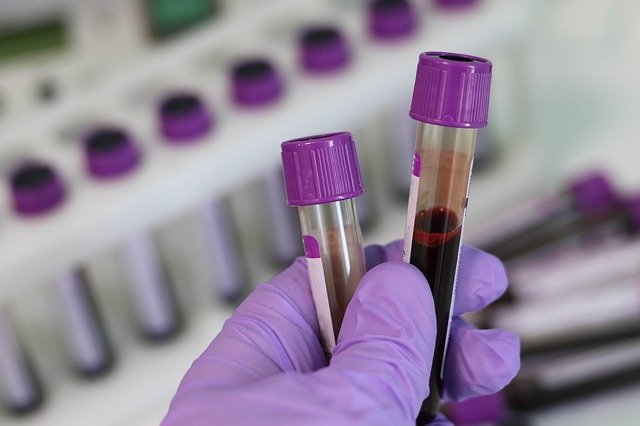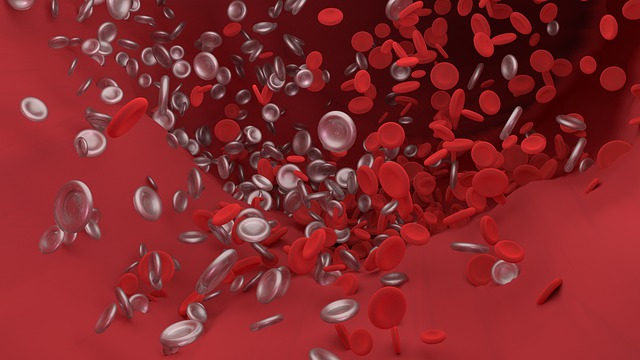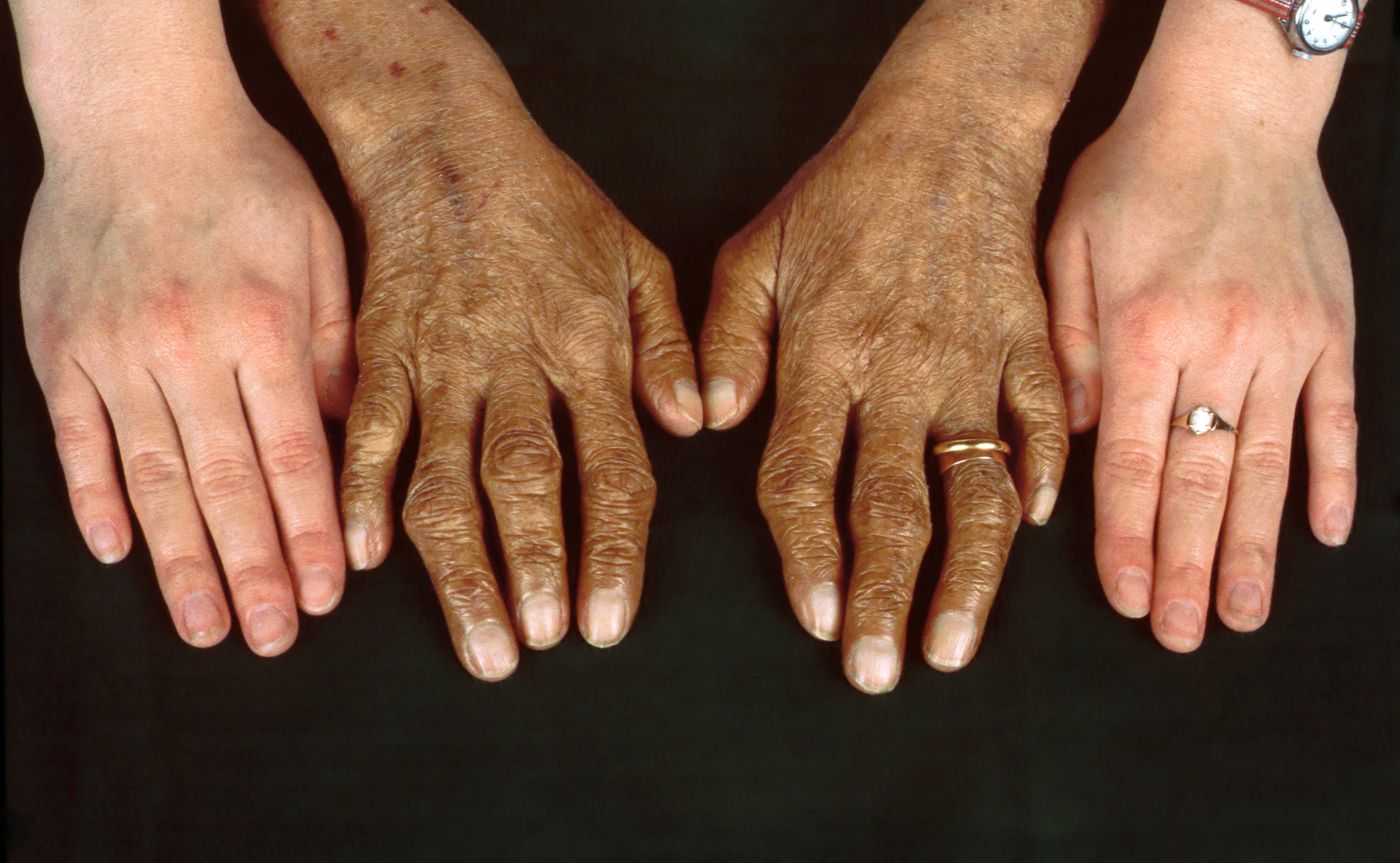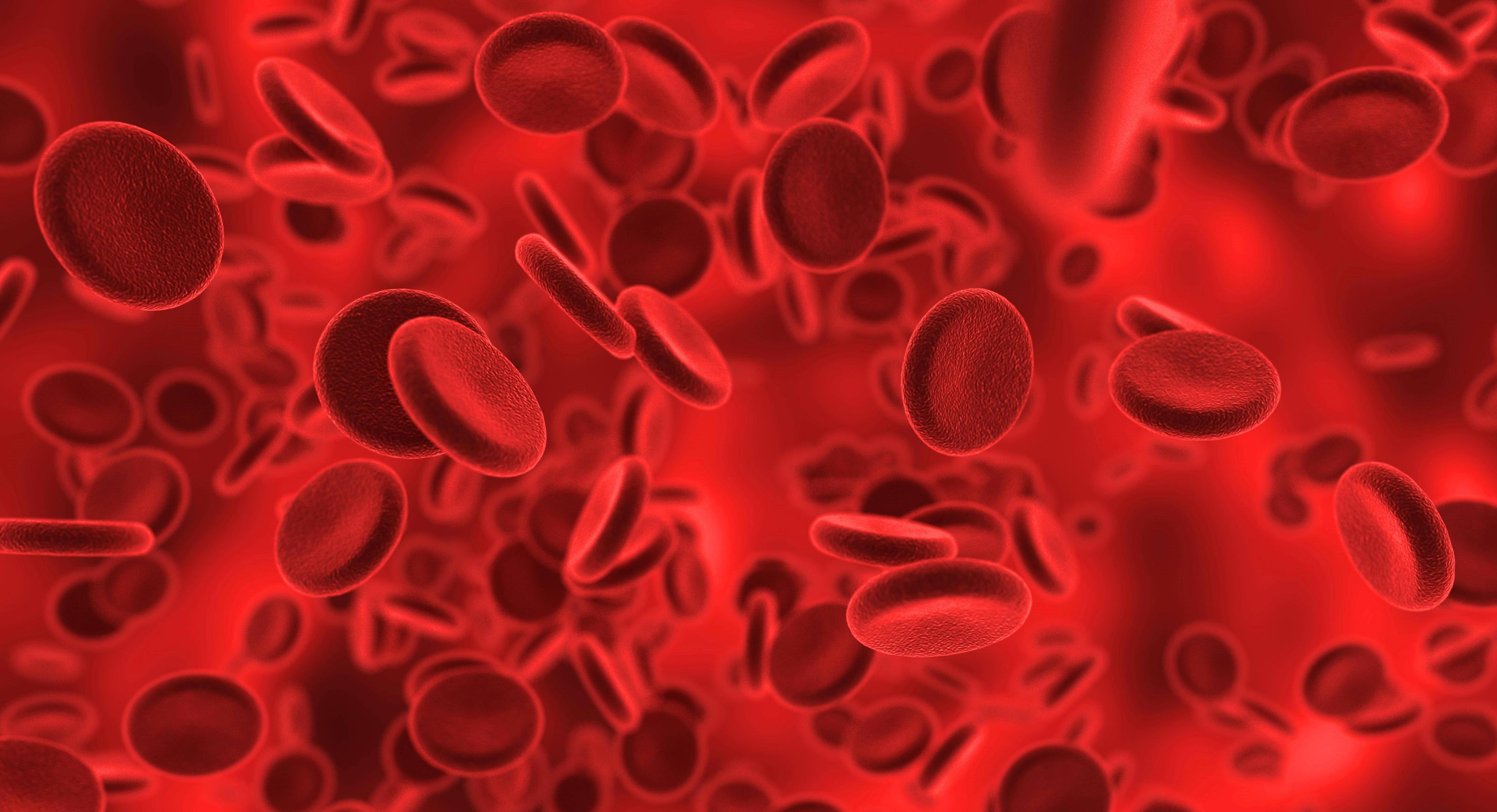A new blood test can detect more than 50 types of cancer, as well as where in the body they originated, even before symptoms develop.
There is an urgent need for better diagnostic tools for cancer. Too often, health professionals can only make a diagnosis after symptoms have developed, at which point it may be too late for curative treatment.
Screening programs, such as mammograms for breast cancer and Pap tests for cervical cancer, aim to overcome this problem by detecting cancer at an earlier stage.
However, these tests are generally only available for a subset of the population (those at higher risk), are limited to a small number of cancers and have variable rates of compliance. These methods can also be invasive or uncomfortable, which can discourage assistance.
Now, researchers have developed a simple blood test that can detect more than 50 different types of cancer, in many cases before clinical signs or symptoms develop, starting with a single blood draw.
Biology joins machine learning
The test works using a type of DNA released by tumor cells. This is poured into the blood, where it is known as cell-free DNA (cDNA). However, it can be a challenge to identify the tumor’s specific cDNA, as many other cells also release DNA into the blood.
This test detects DNA that comes specifically from cancer cells by changes in DNA, i.e. the addition of a chemical called a methyl group, which is associated with tumor growth.
After isolating the cDNA from the blood sample and sequencing it to find the methylated parts, health professionals can feed the results on a computer that can recognize the DNA of cancer and non-cancerous cells.
The computer can predict whether a person has cancer or not, and even what type it might be.
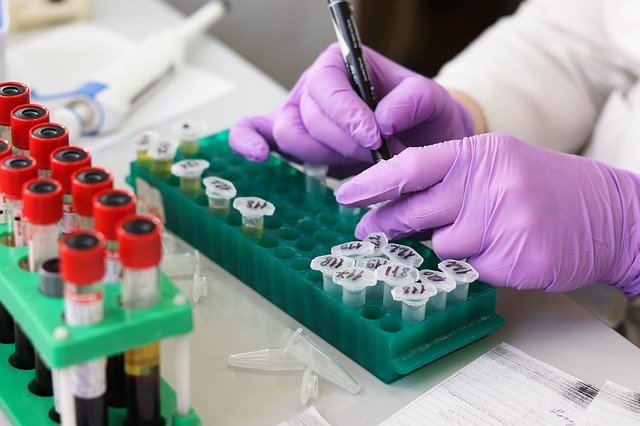
Hope for hard-to-detect cancers.
Researchers are still validating the test in larger studies at the population level. Although the results of these trials are pending, scientists are very hopeful.
Scientists particularly hope that the test will help diagnose cancers where symptoms don’t develop for a long time and those that doctors usually can’t diagnose until a later stage.
The study looked at 12 of the most dangerous cancers, including pancreatic, lung and ovarian cancers, which account for more than 60% of all cancer-related deaths each year in the US. usa.
Currently, there is no way to detect most of these cancers before symptoms develop. However, this blood test accurately detected more than 67% of them.

